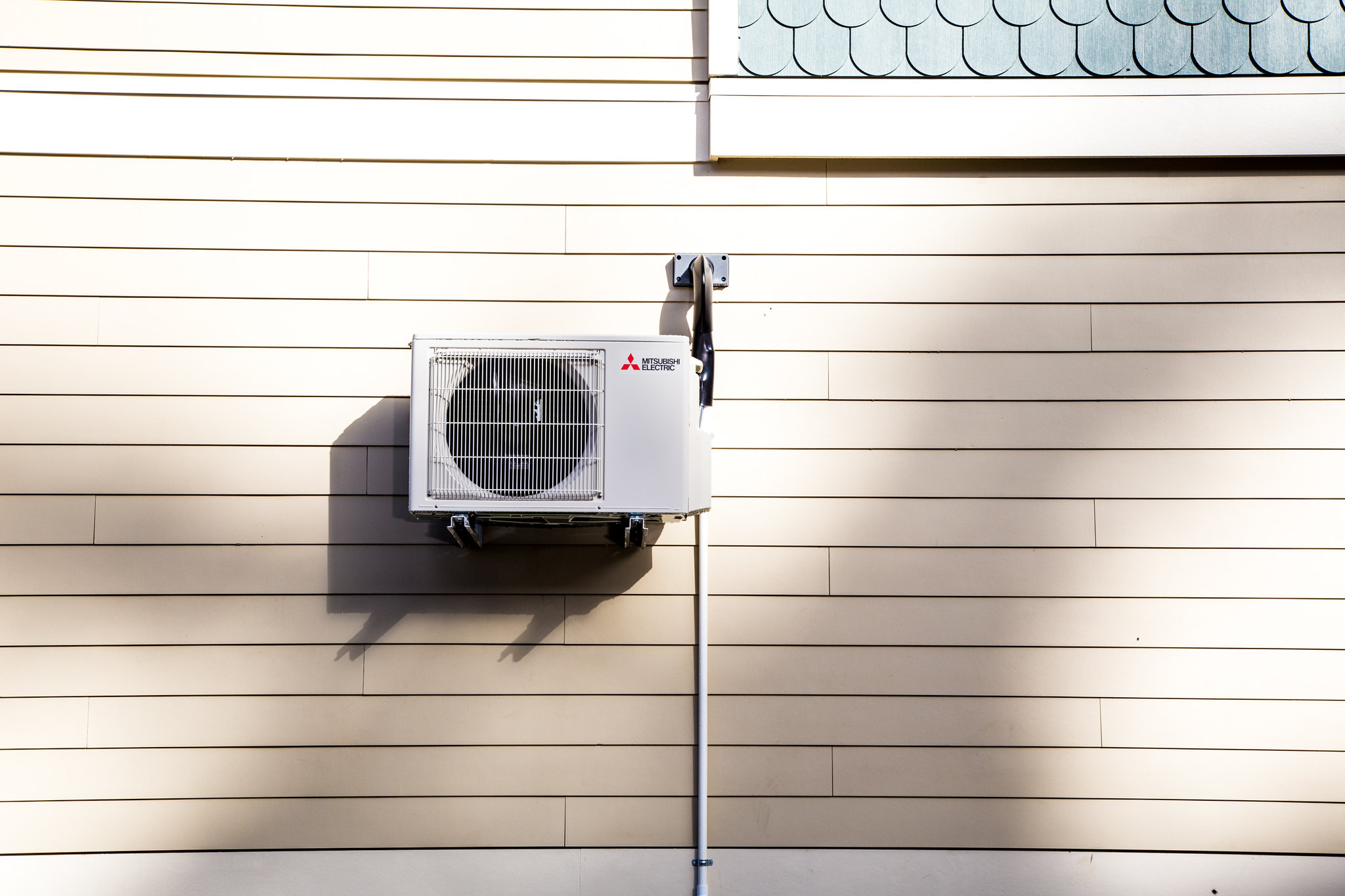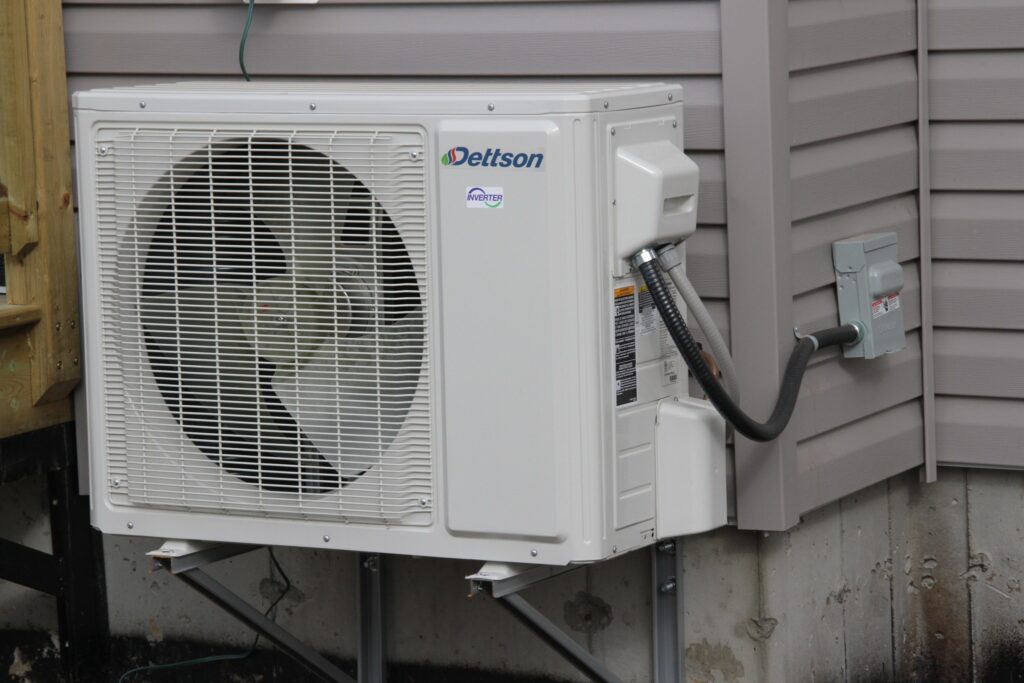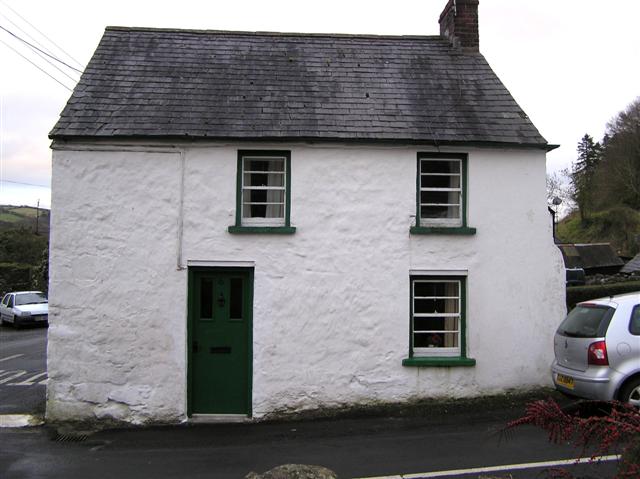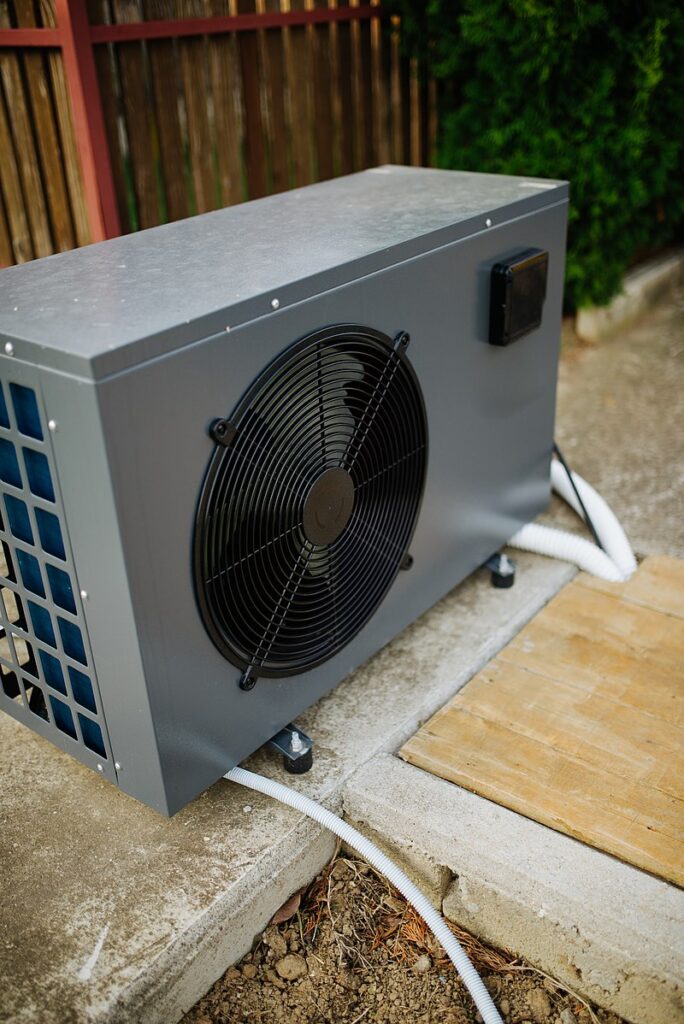
Marcela Gara/CC BY-NC 2.0

Marcela Gara/CC BY-NC 2.0
I recently arrived back to the U.S. after spending a semester studying abroad in Dublin, Ireland. While I was there, I had the opportunity to participate in a research project under an Electrical Engineering professor. His overarching research is centered around the Life Cycle Analysis (LCA) of different housing archetypes in Ireland.
Specifically, it seeks to discover if a heat pump is a more sustainable HVAC (Heating, Ventilation, and Air Conditioning) option than its counterpart, a traditional gas boiler. The Irish government has proposed the National Retrofit Plan which is centered around a recommendation for installing 400,000 heat pumps in Ireland’s residences.
Heat pumps rely on renewable energy sources, and use geothermal heating techniques to regulate the temperature of buildings. A traditional gas boiler, which is most commonly used in Irish homes, derives its energy from natural gases and fossil fuels.

When considering sources of energy that are used to power heat pumps versus boilers, one might conclude that a heat pump is definitively the more sustainable option. This is because, at face value, a heat pump may seem like the more environmentally friendly option; It uses renewable, natural resources to derive its energy whereas a traditional boiler uses natural gas.
This conclusion is echoed in an article from the International Energy Association (IEA) noting the benefits of installing a heat pump in replacement of a traditional boiler. However, this conclusion is formed only by looking at the operational emissions associated with the two products.
In actuality, there are many more lifecycle emissions associated with sourcing the materials, constructing the systems, transportation to the site, etc. Utilizing this concept in order to determine the entire emissions associated with a construction project is known as Life Cycle Analysis.
My research project applied LCA to one archetype of Irish housing, a detached house. A detached house is a single-family, free-standing home that is typically more than one story tall.

Three scenarios were studied to see which retrofit type had the most lifetime carbon emissions. A retrofit is a home energy upgrade that enhances the energy performance of a home.
A deep retrofit involves a holistic approach, considering the entire building as one structure, and carrying out multiple energy upgrades at once. A shallow retrofit is a smaller-scale alteration where only a few energy-saving measures are taken. The scenarios studied were:
The emissions were estimated using an early-stage Whole Life Carbon (WLC) calculation tool that is being developed by the Irish Green Building Council. Inputs into the WLC tool differed between case studies.
Examples of parameters input into the tools include the weights of heat pumps, boilers, ventilation systems, and radiators. The full methodologies used are described in the report linked below. The calculation tool is still being developed and would benefit from further maturation before it is implemented on a larger scale.

While the numerical results were not reliable, the trend of the results was clear: There are greater life-cycle emissions associated with a Deep Retrofit Heat Pump renovation than a Deep or Shallow Retrofit Condensing Gas Boiler renovation.
The trend observed was also consistent with results obtained from a study performed by an external consultant for the research group that I worked under. In both studies, the deep retrofit heat pump renovation had greater lifecycle emissions than the gas boiler renovation for both retrofit types.
Additionally, both deep retrofit renovation types were higher than shallow retrofit. This is interesting, as the intention of heat pumps and deep retrofitting is to decrease operational emissions. However, both of these solutions lead to greater lifetime emissions. While this should not discourage transitions to greener alternatives, developers should prioritize advancements to these approaches in order to achieve the desired result of lower lifecycle emissions.
This problem is not unique to Ireland. All over the world, homeowners are transitioning their traditional HVAC systems to heat pump systems, citing environmental benefits. An article from Canary Media states that heat pump sales in the U.S. surpassed conventional gas furnaces for the first time in 2022. As the technology continues to advance, it will be crucial to continue to evaluate the entire lifecycle emissions of heat pumps in comparison to conventional methods, and identify areas for improvement of the products and construction process.
There are some organizations around the world that are working to make heat pumps that have lower lifetime emissions. As mentioned in the IEA article, a research project in Germany has successfully tested a prototype of a heat pump that uses six times less refrigerant (a major emitter throughout the heat pump’s lifecycle) than standard systems.
The article also mentions an EU initiative, REPowerEU, which aims to make the supply chain for heat pumps more sustainable. These initiatives address the manufacture and maintenance of the heat pump alone; LCA also considers emissions from the construction aspect of the retrofit, maintenance of the HVAC system throughout the building’s lifetime, and the disposal of materials at the end of the building’s lifecycle.
This conclusion can change the way that construction professionals view future renovations. While work is being done to reduce the emissions of heat pumps, considerations should be made with regard to the entire picture of a heat pump retrofit. As the industry turns to alternatives to fossil fuels, the entire lifetime emissions associated with alternative options should be considered.
Click here to read the full report.